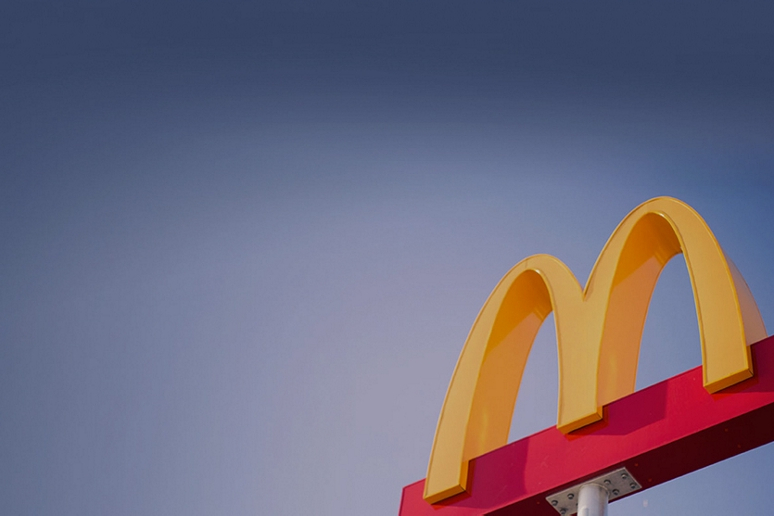
McDonald’s opened the UK’s first Net Zero Carbon restaurant on December 10, 2021. The Market Drayton McDonald’s has been designed to be a net-zero emissions standard in both construction and everyday operation. It will act as a blueprint for future restaurants around the country, McDonald’s anticipates. The QSR features a Drive-Thru lane made from recycled tyres, wall art made from used coffee beans and kerb stones made from plastic bottles. It is powered by on-site solar panels and wind turbines. The design will be used to create a blueprint for new McDonald’s facilities across the UK from 2022. The restaurant is said to feature the latest innovations in sustainable design while retaining the chain’s look and feel, to ensure it can be replicated. The business plans to achieve net-zero emissions for all its 1,400 restaurants and offices by 2030.
Simon McWhirter, UKGBC’s Director of Communications, Policy & Places said: “The challenge of decarbonising the construction industry is a complex one, but McDonald’s commitment to building the first restaurant in the UK in line with UKGBC’s net zero carbon buildings framework is a critical first step. We welcome the ambition to achieve net zero emissions for all McDonald’s restaurants and offices by 2030.”
Other features at Market Drayton include wall art made from recycled polystyrene cups, fixed in place with potato starch from McDonald’s potatoes, EV charging points and furniture made from 100% recyclable materials. In an effort to reduce its environmental impact, the company also purchases only 100% renewable electricity for use in its restaurants and recycles the used cooking oil from its kitchens into biodiesel to help fuel its trucks.
McDonald’s has run its business in the UK since 1974 and currently operates over 1,400 restaurants across the UK and Ireland, serving four million customers each day, with a staff of 130,000 people.
McDonald’s pilot sustainable restaurant includes:
- Renewable power from two wind turbines and 92sqm of solar panels – producing 60,000 kWhs of power per year, and reducing the amount of energy the restaurant draws from the grid
- Walls insulated with British sheep’s wool which might otherwise have gone to landfill, and which replaces unsustainable man-made materials
- Building cladding made from recycled IT equipment and white household goods like washing machines, amounting to 250 sqm of recycled materials
- Wall signs made from McDonald’s used coffee beans – one of the examples of action the business is taking to introduce circular waste solutions
- Kerbs stones made from 182 recycled plastic bottles each – reducing carbon emissions by 25kg per kerb compared to concrete kerbs. By using over 1,000 of these at Market Drayton, McDonald’s has diverted over 200,000 plastic bottles from landfill
- A Drive-Thru lane which has been made from recycled tyres – this material produces less carbon dioxide and allows more water to be absorbed, reducing the amount of rainwater going down the drain


